Evil Doctors in the History of Modern medicine

Jack Kevorkian is known for ending the lives of his terminally ill patient’s through assisted suicide. He was a champion for the right and is often quoted saying “dying is not a crime.” It is said that he allowed 130 or more of his patients to die with his help. Kevorkian created his own euthanasia machines that would allow a patient to die two ways. The first was the “Thanatron”, which used an IV to inject the patient with saline, sodium thiopental, and potassium chloride. He also used the “Mercitron,” which involved a gas mask that utilized carbon monoxide. Eventually, his actions were investigated and he was arrested on charges of second-degree murder and served jail-time from 1999-2007, but today is on parole.
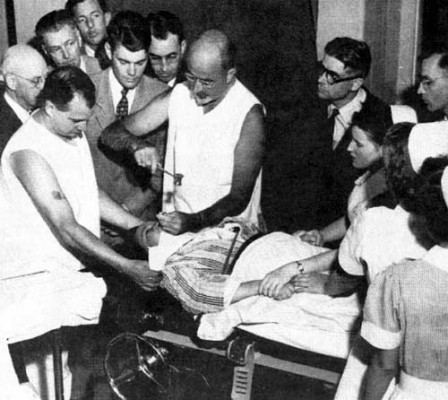
Though not your normal physician, Walter Freeman was a neurologist that graduated from Yale and the University Of Pennsylvania Medical School. Even though he didn’t set out with malicious intentions, Freeman completed over 3500 lobotomies within the U.S., most notably Rosemary Kennedy and many others. While today lobotomies are rarely used, Freeman helped to perfect them and made his claim to fame after being able to complete them successfully and “heal” the patient. However, Freeman seemed to become very zealous; using an ice pick from his kitchen to complete a lobotomy, completing over 20 lobotomies in a day without use of a surgeon, and even allowing the media to watch a lobotomy be performed that ultimately ended in death, as the ice pick slipped into the patient’s brain. Believe it or not, Freeman seemed unbothered by the man’s death and continued on to do another surgery.
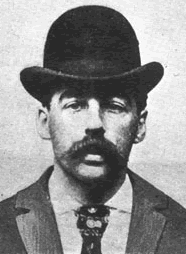
Harry Howard Holmes, born was Herman Mudgett, was the first serial killer to be hanged in America. He went to the University of Michigan Medical School in 1884 to become a doctor. During this time, he often stole bodies from the school laboratory and disfigured them, and then claimed that the people had been killed accidentally. Through this, he was able to collect insurance from policies that he took out on each person. After he graduated, he moved to Chicago. Here, he convinced a local pharmacy worker to allow him to take over ownership of a hotel. At the hotel he experimented with bodies, often letting the women he chose to be victims suffocate to death. The bodies were often dissected, stripped of their flesh and made into skeleton models. He then sold the bodies to medical schools.
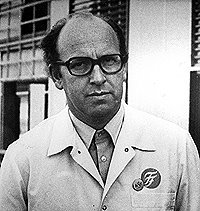
Though technically not a doctor but studying to be one, Arnfinn Nesset was a Norwegian nurse who was charged with killing 22 of his patients. All 22 of them were killed with a deadly injection of Curacit, which is a muscle relaxing drug. Because of the choice of drug, the investigation to find Nesset guilty of his crimes was hard. Curacit is a drug that overtime becomes very hard to trace within the body. The investigation lasted two years and by the end of his five month trial, he was convicted of killing all 22 people and was given 21 years in prison, which is the maximum in Norwegian law. In 2004 he was released, and is said to be living under a different name somewhere in Norway.
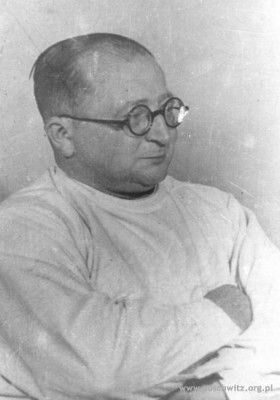
One of two Nazi German medical doctors on the list, Carl Clauberg was one of the many doctors who conducted experiments at many Nazi concentration camps, specifically Auschwitz. After receiving the rank of chief doctor and studying gynecology, he became the professor of gynecology at the University of Königsberg. After becoming a Nazi in 1933, Clauberg, in 1942, approached Heinrich Himmler and suggested experiments concerning mass sterilization for women. Himmler agreed and assigned Clauberg to Block number 10 in the camp. Clauberg desperately wanted to find a cheap and easy way to sterilize women. Often times he used liquid acid which was injected into a woman’s uterus. The women whose ovaries were damaged had them removed and then sent to Berlin for more research. Sometimes patients were killed in order for autopsies to be conducted. It is said that 300 women were experimented on during this time. Eventually Clauberg was arrested, released, and arrested again, but died before his trial.
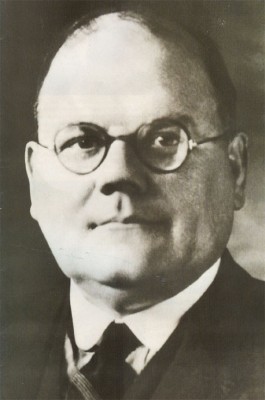
John Bodkin Adams was a general practitioner who had a life full of killing and fraud. It is said that from 1946-1956, over 160 of his patients died suspiciously. Out of those who died, 132 of them left money or other valuables for him in their wills, which later were found to be fraudulent and written by Adams himself. To kill his patients, Adams often used prescription drugs or painkillers which were given in excess, which in the end killed the patient. He was found suspicious and eventually taken to trial after many noticed that a lot of his patients were dying quickly and at a fast pace. He was also charged for fraud, as he signed and wrote a patient’s will without notice. His case did, however, established the double effect in legal terms, which is when a doctor will give treatment in hopes of relieving pain, but will also shorten life.
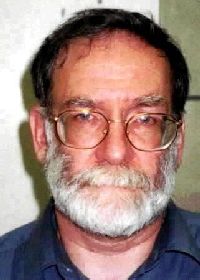
Harold Shipman stands as the only British doctor in history that has been found guilty of murdering his patients. Many say he is the most widely known prolific serial killer in history. He has been convicted of killing 218 people, but the real number might be double that, since some of the victims could not be identified. In 1974 he became a general practitioner in West Yorkshire, and a year later was found forging prescriptions for pethidine for personal use. He was fined but was able to continue to work. Over time, many of his patients died, mostly due to an injection of diamorphine. Many were concerned about the ever-growing number of cremation forms Shipman was countersigning. He was also charged with forging a patient’s will. Though set to serve a lifetime sentence after being convicted of 15 murders in January 2000, Shipman was put into jail for four years, but on January 13, 2004 hanged himself in his prison cell.
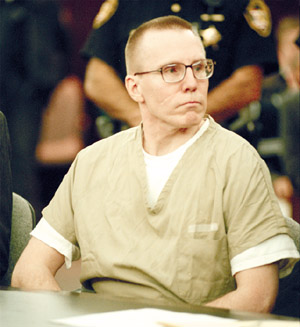
Though only legally accused of three murders, many say that Michael Swango killed as few as 30 people, but as many as 60 during his career as a doctor in several different states and medical facilities. It all started when he entered Southern Illinois University Medical School and was said to have a fascination with dying patients. After graduating, despite being expelled, he was accepted for an internship at Ohio State University. On the floors that he worked on, nurses often saw that these patients, who were once healthy, would die without warning. At one point, a nurse saw him injecting something into a patient who later became ill. After losing the internship he went back to Inllionis and worked as an E.M.T., where he would poison the paramedics. He was eventually arrested for possession of arsenic and other types of poison. After more deaths and conflict, Swango was caught, and admitted to killing three of his patients. Today, Swango is serving his life term in ADX Florence.
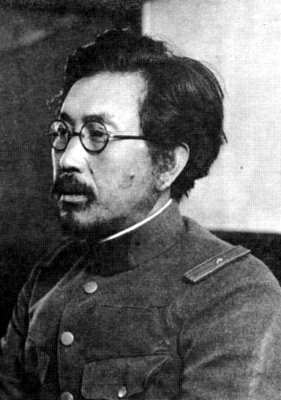
Shiro Ishii was a Japanese microbiologist as well as a physician. He was the lieutenant general of Unit 731, which was a biological warfare unit during the Second Sino-Japanese War. Despite being known as pushy and self-centered, Ishii excelled in school and was stationed at the 1st Army Hospital in Toyko. Those who supervised him were highly impressed, and he received post-graduate medical schooling at Kyoto Imperial University. In 1942, Ishii began his tests on germ warfare by using bombs, firearms, and other methods. He tested the germs on Chinese POWs as well as on civilians. He did at time use the weapons on the battlefield. In any case, Ishii took human experimentation into his own hands, and it is said that tens of thousands of people died, due to weapons that exposed anthrax, cholera, the bubonic plague, and others. He also did other experiments on people such as forced abortions, simulated heart attacks, strokes, hypothermia, and frostbite, and even vivisections.
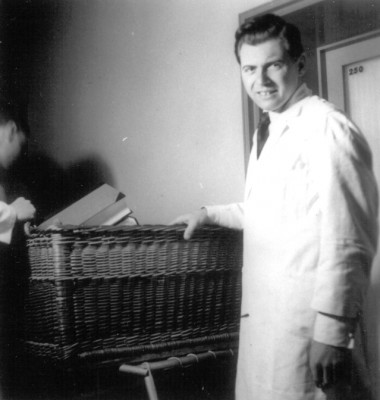
As a German SS Officer as well as a Nazi physician, Josef Mengele is probably the most widely-known name on this list. Known as the “Angel of Death” or even “Beautiful Devil,” Mengele was the main physician in charge of determining which prisoners were best to keep as forced laborers, and who were too weak and needed to be killed. Not only did Mengele choose the fate of millions, he also was widely known for his human experiments. At Auschwitz, Mengele was highly interested in learning more about heredity and often did experiments on identical twins. It is said that he took 10 of them, put them to sleep and then used chloroform to kill them, and dissected each of them to compare the bodies. He also did an experiment were two twins were sewn together by their veins to make conjoined twins. Besides these experiments, he also conducted experiments on how to change eye color by injected dye into the iris, amputating limbs and attempting to reattach them, and sterilizing women.
RECENT JOURNAL POSTS
Arch Sire (192)

Irritater (16)

Haunt (40)
REAL VAMPIRES LOVE VAMPIRE RAVE
Vampire Rave is a member of
Page generated in 0.0451 seconds.















